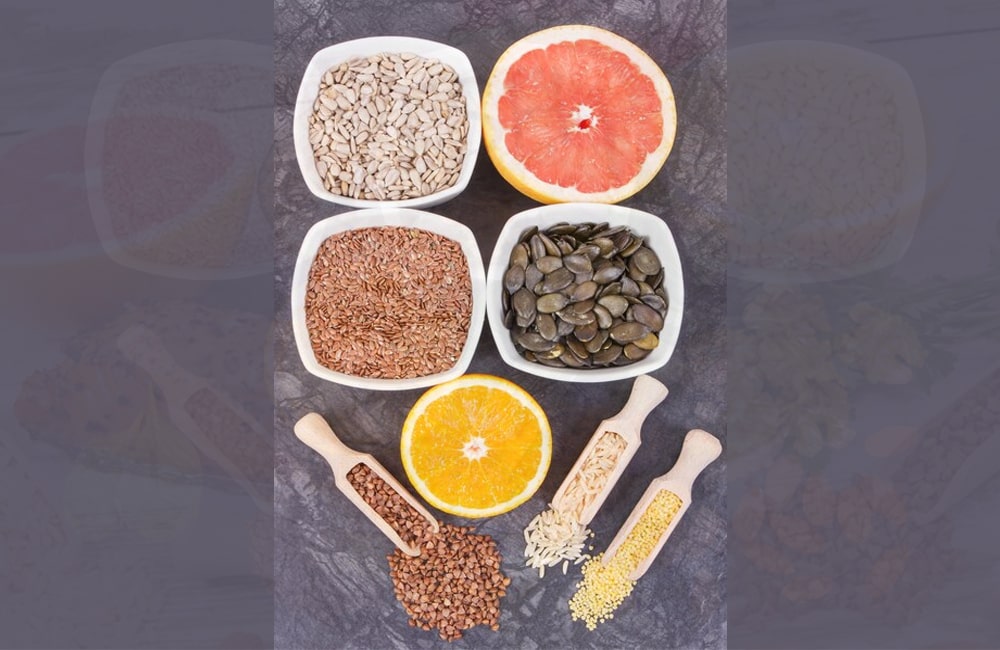
Your diet can have a major effect on hypothyroidism. Some foods can help improve the condition, while other foods can worsen the symptoms and interfere with the hypothyroidism treatment.
Hypothyroidism is a common condition that occurs when the body fails to make thyroid hormones as per the body's needs. These hormones play a major role in regulating metabolism, repairing cells and improving growth. Lack of thyroid hormones can cause various symptoms, such as:
If you are having these symptoms, then make sure to get a thyroid test done from Thyrocare. Proper medication is required to treat hypothyroidism. Along with that, a balanced diet and healthy lifestyle are also necessary.
Which foods are important for those with hypothyroidism?
1. Foods rich in iodine:
Your body requires iodine in order to produce thyroid hormones. As the human body cannot produce iodine on its own, you have to get it from your diet. In addition to that, iodine deficiency can cause another thyroid disorder. called goiter. That is why make sure to add iodine-rich foods to your diet. Some iodine-rich foods are:
2. Foods rich in selenium:
Selenium is a micronutrient that is essential for thyroid hormone production and thyroid health. It also has antioxidant properties and prevents thyroid damage caused by oxidative stress. Some selenium-rich foods are:
3. Foods rich in zinc
Zinc is another nutrient essential for thyroid function and hormone production. A study has also shown evidence that zinc supplements along with selenium supplements help improve thyroid health. Some zinc-rich foods are:
Which foods should hypothyroid patients avoid?
Various foods can affect your thyroid health negatively. Most importantly, these nutrients can make your thyroid condition worse:
1. Gluten
Celiac disease is an autoimmune condition that causes swelling and damages the small intestine’s lining. Hashimoto’s disease is a common cause of hypothyroidism. People who have Hashimoto’s disease are more likely to have Celiac disease than others. Some studies have shown that eliminating gluten from the diet can help improve thyroid functions in people with Hashimotos’ disease.
2. Processed foods
People with hypothyroidism should avoid ultra-processed foods and added sugars. This will help in improving symptoms, weight management, and overall health. Examples of ultra-processed foods and added-sugar drinks include:
3. Goitrogens
Goitrogens are a type of substance that can affect your thyroid gland negatively if consumed in large amounts. On the contrary, moderate amounts of goitrogens are good for your health. Therefore, if you have hypothyroidism then do not consume goitrogens in excessive amounts. Foods that contain goitrogen include:
4. Soy
Many studies have found that soy can intermediate in the process of thyroid hormone production. Foods containing soy include:
There is no “best diet” for people with hypothyroidism, just try to add healthy nutrients to your diet and avoid foods that can worsen the symptoms. Most importantly, make sure to go for a thyrocare blood test to examine thyroid health.